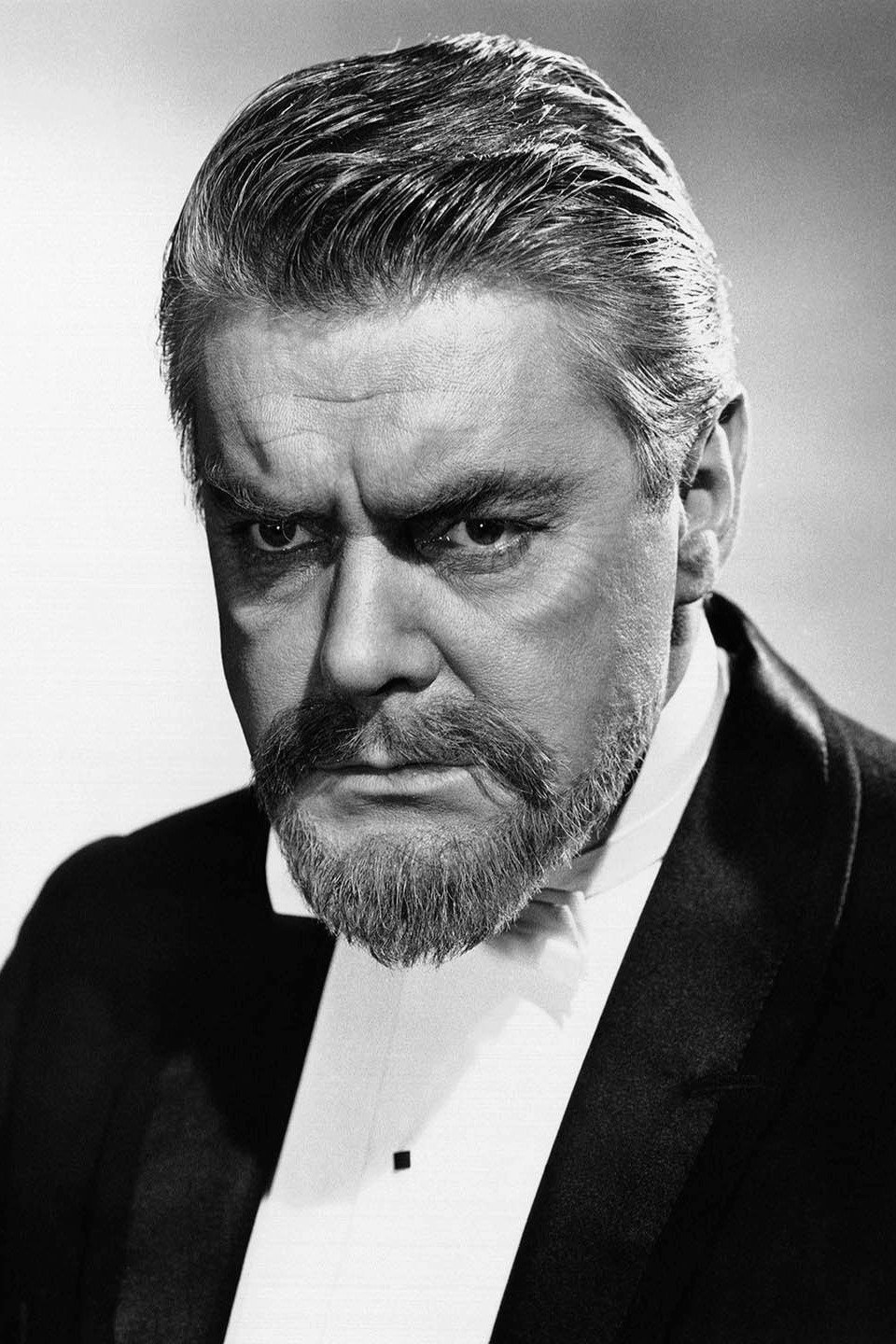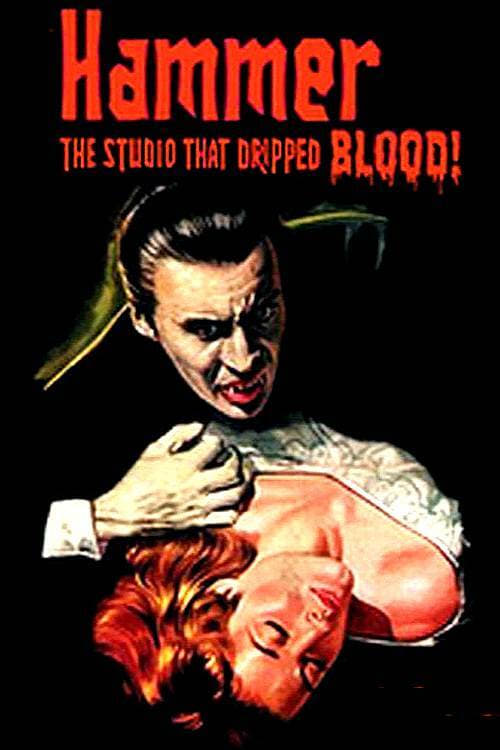

From Wikipedia, the free encyclopedia. Thorley Swinstead Walters (born 12 May 1913, Teigngrace, Devon – 6 July 1991, London) was an English character actor. He is probably best remembered for his comedy film roles such as in Two-Way Stretch and Carlton-Browne of the FO. He also appeared in the acclaimed TV drama Tinker, Tailor, Soldier, Spy. Walters played Sherlock Holmes sidekick Doctor Watson in four unrelated films: Sherlock Holmes and the Deadly Necklace (1962), The Best House in London (1969), The Adventure of Sherlock Holmes' Smarter Brother (1975), and Silver Blaze (1977). He featured in three of the St Trinian's movies, starting as an army major in Blue Murder at St Trinian's. He later appeared as Butters, assistant to Education Ministry senior civil servant Culpepper-Brown (Eric Barker) in The Pure Hell of St Trinian's and played the part of Culpepper-Brown in The Wildcats of St Trinian's. In the 1960s he also appeared in several Hammer horror films, including The Phantom of the Opera (1962), Dracula, Prince of Darkness (1966), Frankenstein Created Woman (1967) and Frankenstein Must Be Destroyed (1969). In the DVD commentary to The Man Who Haunted Himself, Roger Moore mentioned that co-star Walters lived in Dolphin Square, the prestigious apartment block in Pimlico, London in which some scenes of the film were shot. Thorley and Richard Hope-Hawkins visited the ailing Terry-Thomas in Barnes, London in 1989. Walters had starred with Terry in the Boulting Brother's film Carlton-Browne of the F.O., and was shocked at his appearance (he was ill with Parkinson's Disease). That visit resulted in the "Terry-Thomas Gala" held in the Theatre Royal, Drury Lane in the same year which raised funds to help Terry live the rest of his life in comfort. Hope-Hawkins was with Walters and actress Siobhan Redmond, when he died in a London nursing home. Actor Ian Bannen gave the main address at his funeral held at Golders Green. Description above from the Wikipedia article Thorley Walters, licensed under CC-BY-SA, full list of contributors on Wikipedia.

A retrospective of the films of Britain's Hammer Studios, renowned...